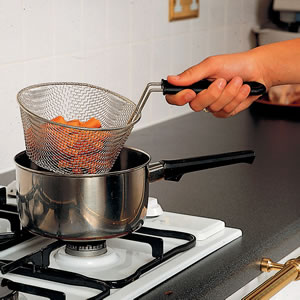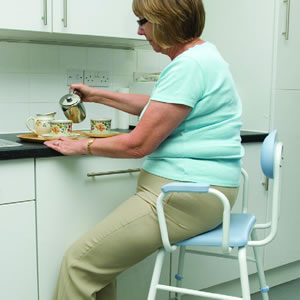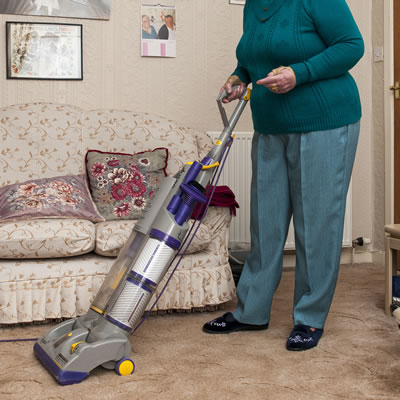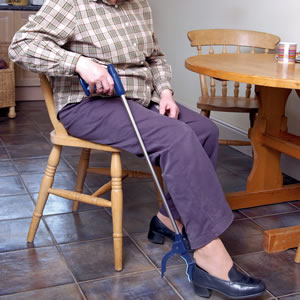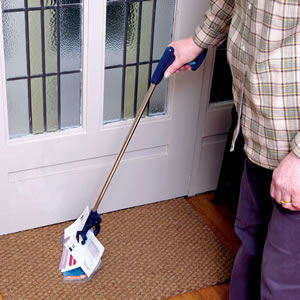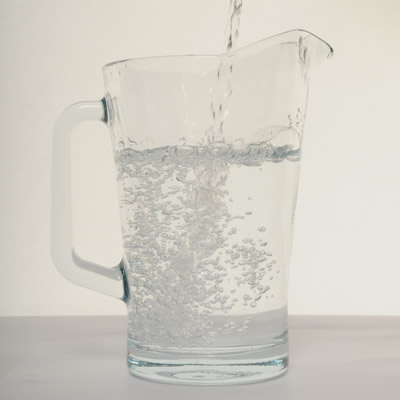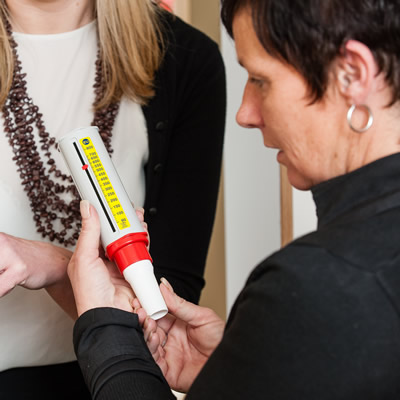
© Crown Copyright 2009.
It is important you have an asthma action plan as this will give you specific information about what to do if you have the early signs of an attack.
You can then follow the plan and, if caught in the early stages, you can:
- Prevent it getting worse.
- Prevent distress.
- Prevent the need for a hospital admission.
It will also tell you what to do if you are not responding to the usual inhalers and when to call for help or an ambulance in an emergency.
Ask your nurse about an asthma action plan. This can be either the practice nurse at your own GP surgery or your specialist nurse at hospital if you have one.




